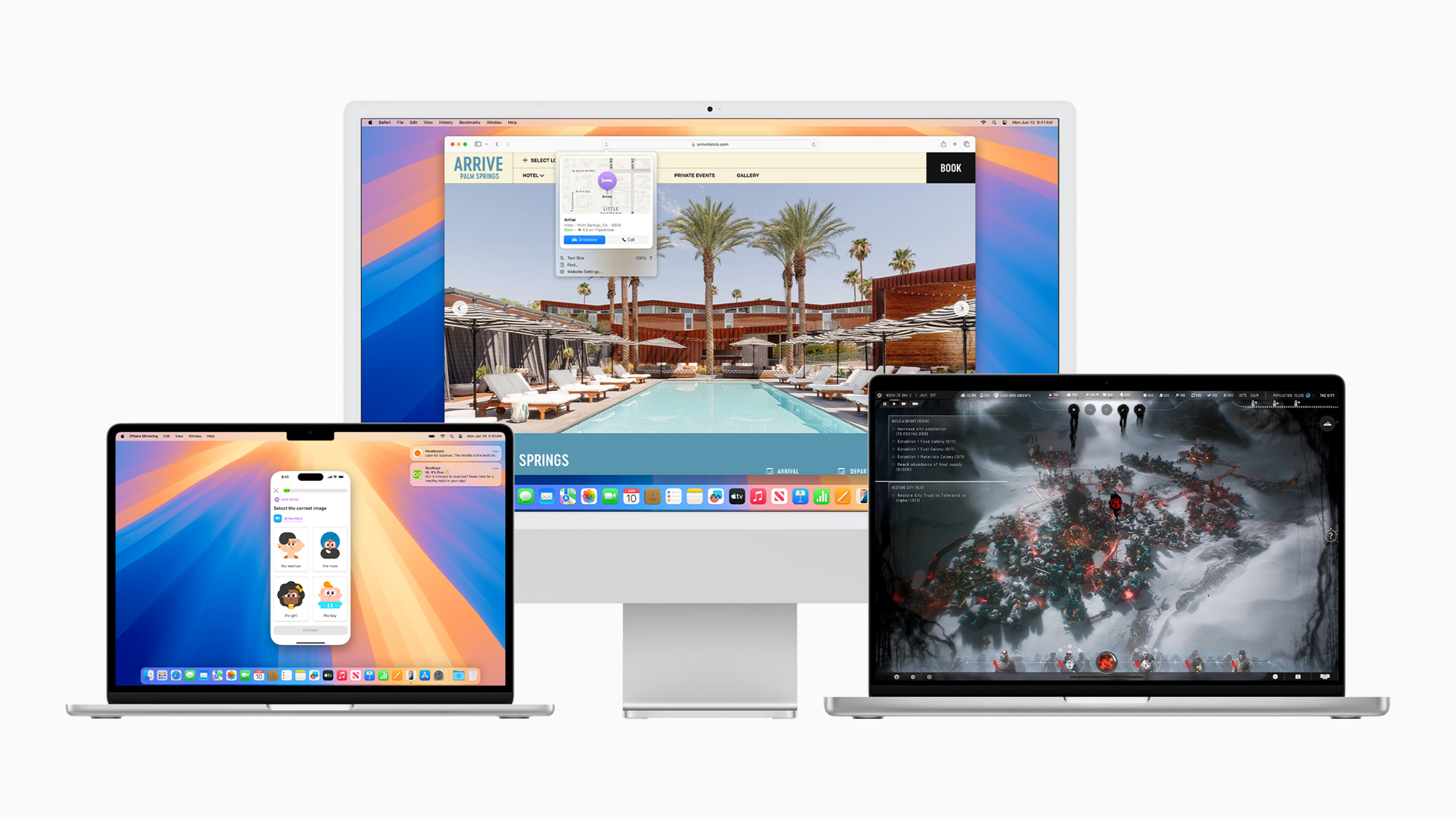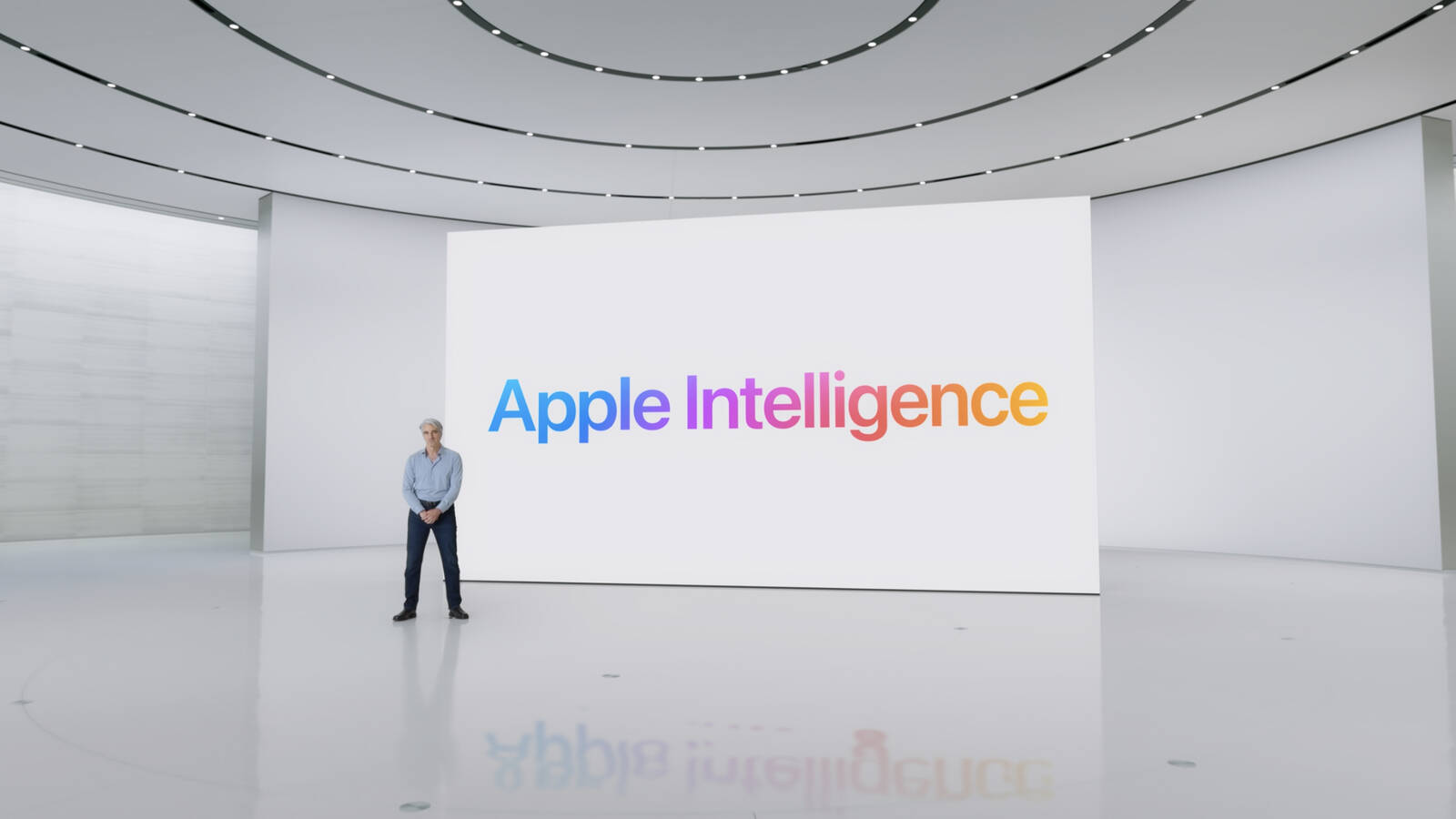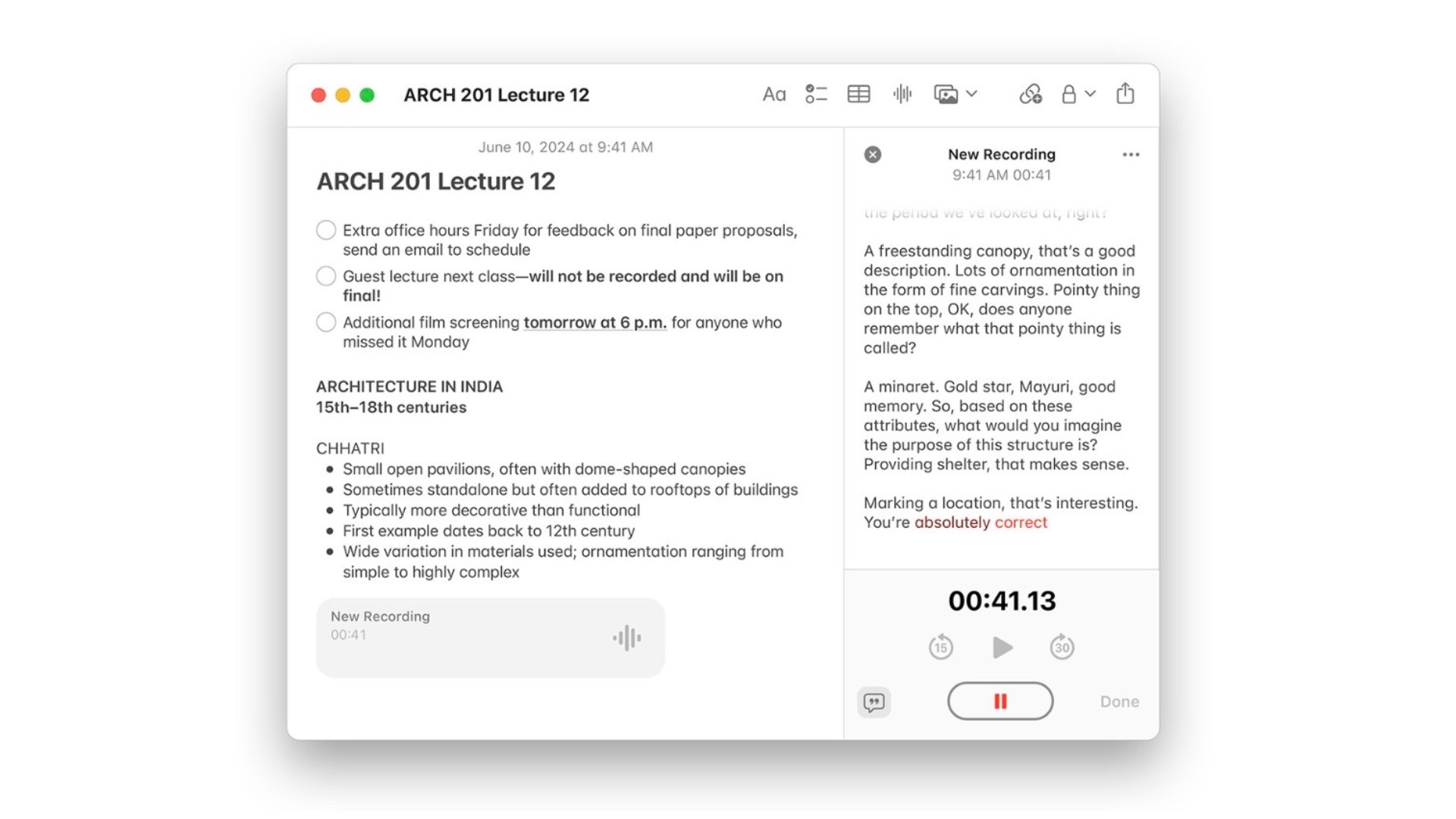
When Apple released macOS Monterey in 2021, some key features required a Mac with Apple silicon. The same scenario played out with macOS Ventura in 2022, and then again the following year with the release of macOS Sonoma. With macOS Sequoia now released, there are again new features that aren't available to Intel Mac owners.

Apple says that macOS Sequoia is compatible with the same Macs as macOS Sonoma other than the 2018 and 2019 MacBook Air, but Apple's fine print reveals that certain new features won't work on Intel machines that are otherwise compatible with macOS Sequoia. If you're still on an Intel Mac, here's what you won't have access to.
Apple Intelligence

Apple Intelligence, a deeply integrated, personalized AI feature set for Apple devices that uses cutting-edge generative artificial intelligence to enhance the user experience, won't be available on Intel Macs. Apple says the advanced features require its M1 chip or later, so if your Mac was released before November 2020, you're out of luck. Apple is expected to begin adding Apple Intelligence features to macOS Sequoia in a macOS 15.1 update that should arrive sometime in October.
Live Audio Transcription

Live audio transcription lets you record audio sessions within notes in Apple Notes, and generate live audio transcriptions that can be searched through or combined with other documents, checklists, or documents. According to Apple, support for live audio transcription in the Notes app is limited to machines powered by Apple silicon.
What Else?
Surprisingly, nothing! Apple is not withholding any other new features in macOS Sequoia, meaning users with supported Intel Macs will be able to enjoy things like the ability to schedule messages to send later, Reminder integration with Calendars, a new standalone Passwords app, window tiling, and more. Even Apple's latest continuity feature, iPhone Mirroring, works on Intel-based Mac computers that have a T2 Security Chip. For all the details, be sure to check out our macOS 15 roundup.
Article Link: Here Are the macOS Sequoia Features Intel Macs Don't Support
Last edited:

